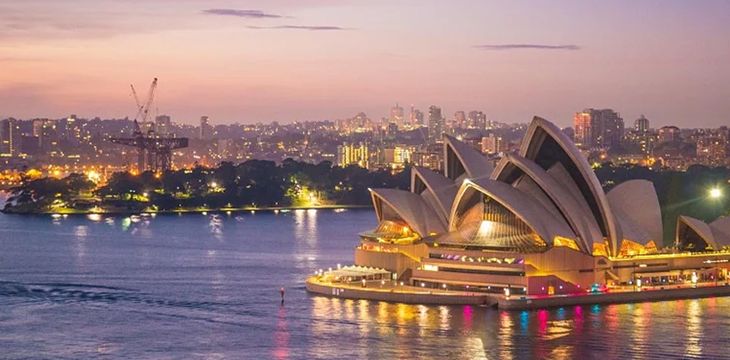|
Getting your Trinity Audio player ready...
|
In April 2018, the Australian Transaction Reports and Analysis Centre (AUSTRAC), the government entity responsible for providing oversight of financial transactions in the country, implemented new policies designed to bring cryptocurrencies under the same regulatory umbrella covering other types of financial transactions. With an overwhelming amount of support for crypto in the country, it didn’t take long for the regulator to see 250 exchanges sign on to the new regulations. Less than two years later, that number has now climbed to 310 and the local crypto industry continues to gain favor and become more mature.
AUSTRAC was given authority, in 2017, to regulate crypto, leading to the new regulations being put forth the following year. They’re designed to enhance anti-money laundering and anti-terrorism controls in the crypto space, similar to what is seen with all other financial solutions. In order to facilitate adoption of the new policies, AUSTRAC established the Digital Currency Exchange (DCE) Register for all crypto exchanges.
In accordance with the new policies, the exchanges have to create and maintain internal programs that can identify, control and suppress risks associated with potential money laundering or terrorism financing. They must also identify their users, as well as verify the identities, and report suspicious transactions – no different than what is expected of banks.
According to a report by ZDNet, AUSTRAC saw between 20-58 new registrations each month between April and August 2018. This coincides with the large amount of attention crypto began receiving after BTC’s blowout in 2017, but the numbers have dwindled to below 20 each month since then.
AUSTRAC provided the latest update as part of a response to questions presented by Australia’s Senate Economics Legislation Committee. That committee is looking at the state of fiat through its Currency (Restrictions on the Use of Cash) Bill 2019, which would prohibit purchasing goods valued at more than with cash. AUSTRAC was asked if a move to crypto by consumers might be seen should the bill become law, to which the entity responded, “Austrac considers that it is unlikely that the implementation of the cash payment limit will drive people into the cryptocurrency space at this point in time. Despite being available for the past 10 years, cryptocurrencies remain a relatively niche market. The price of virtual assets is volatile, and the ability to use cryptocurrency in the course of everyday consumer and business transactions is limited.”

 02-20-2026
02-20-2026 




